T4K3.news
Weapons review window opens
Zach Cregger discusses his film and Fincher’s influence on editing and future projects.
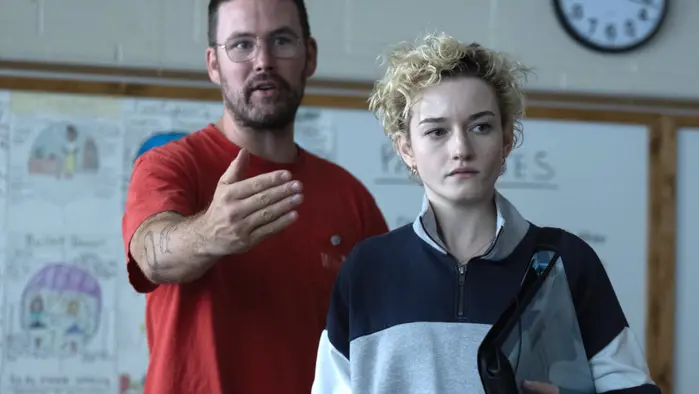
Director Zach Cregger discusses Weapons, its unconventional structure, and the mentorship from David Fincher that influenced its editing and style.
Zach Cregger credits Fincher with shaping Weapons and hints at more in the same world
Zach Cregger discusses his sophomore feature Weapons, a horror story about a small town unsettled by a malevolent force. He says the film uses a novelistic structure with several protagonists and never returns to a single point of view, a decision he made early after the cold open with Justine. He cites Magnolia as a tonal touchstone while noting that Weapons will move in its own direction. The cast includes Julia Garner, Alden Ehrenreich, Josh Brolin and Austin Abrams, and the director says humor and gore sit beside a surreal moment involving a floating assault weapon that invites multiple interpretations.
Story and craft intersect as Cregger writes through grief and uses the process to shape the film. He says the road to completion did not erase the sense of loss, but it gave him a healthier way to channel emotion into character action. Fincher’s guidance is a through line in the post production, with lessons on editing, prep, and even lens choices that helped him reframe what the movie could be. He notes he learned a lot about post tools that can elevate the material, including how anamorphic shooting can affect the later stages. He also confirms plans to return to this world someday, even as he heads into directing the upcoming Resident Evil movie and continues to nurture a distinct horror voice.
Key Takeaways
"I wanted to set a rule for myself that I would never go back"
Cregger explains adhering to a non return rule across the film's multiple protagonists
"Let the situation dictate the humor. Let the movie ask me for the humor, don’t try to put it in"
He describes letting humor emerge from the scene rather than be forced
"It can always be better, and there are a lot of tools that you have at your disposal that you might not be thinking about"
Fincher emphasizes ongoing improvement in editing and post production
"I don’t know. It’s a very important moment for me in this movie, and I don’t understand it"
Cregger reflects on a surreal moment and its ambiguous meaning
The choice to tell Weapons from multiple viewpoints signals a broader shift in modern horror toward ensemble storytelling. That requires precise pacing and a disciplined editing hand, traits Fincher is known for and which Cregger says the mentor helped him access. The result could be a blend of tension driven by character choice and humor that arises from the situation rather than from set jokes, a balance that will define how audiences receive the film.
Looking ahead, the idea of a shared world around Weapons raises questions about audience expectations and budget. If the approach translates to future projects or even a cinematic take on a game franchise, it could deepen audience attachment but also raise stakes for scale and consistency. The interview suggests a filmmaker who sees collaboration across genres as a path to growth and a way to push horror toward more ambitious storytelling.
Highlights
- Let the situation dictate the humor
- I wanted to set a rule for myself that I would never go back
- It can always be better, and there are a lot of tools you have at your disposal
- I don’t know. It’s a very important moment for me in this movie
The industry will watch how far this method can travel beyond a single film
Enjoyed this? Let your friends know!
Related News
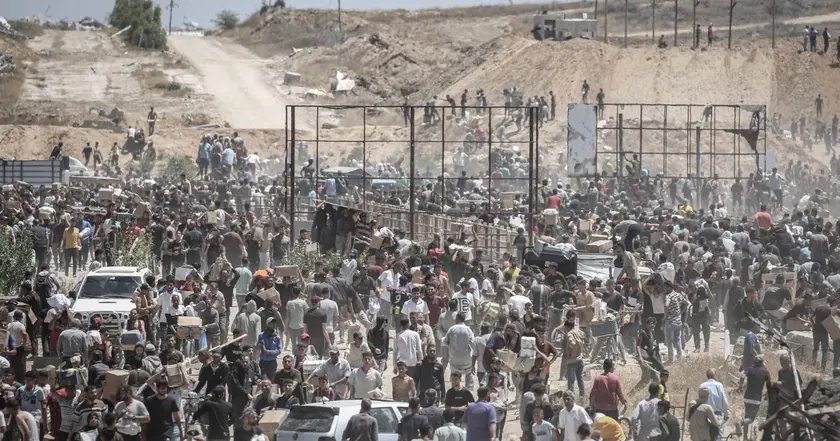
Israeli Forces Face Allegations of War Crimes

Study Links Vanishing Stars to Nuclear Tests
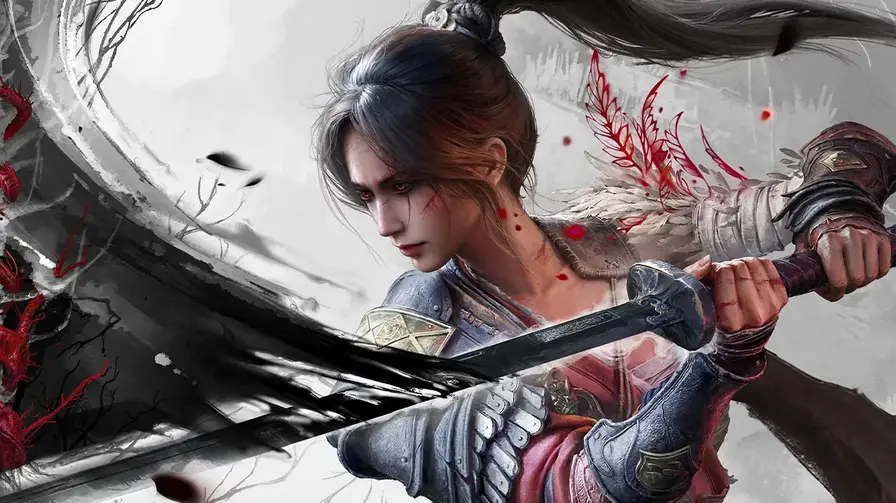
Wuchang: Fallen Feathers Review Now Live
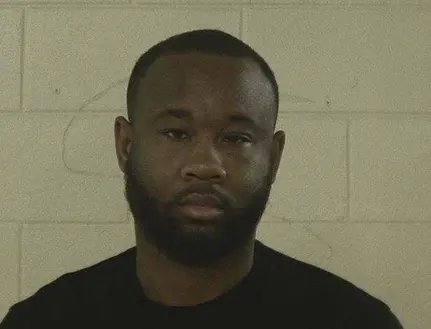
Fort Stewart Shooting Suspect Identified
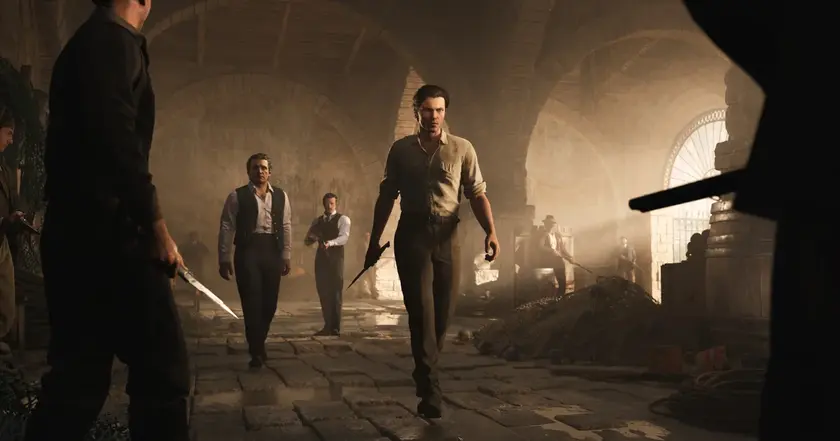
Mafia The Old Country Gets A Mixed Review
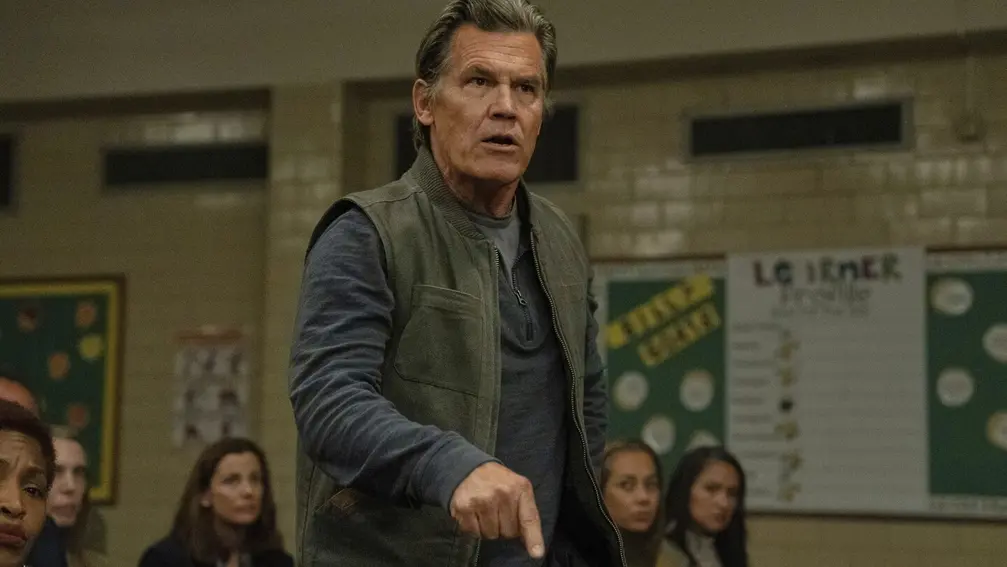
Weapons leads box office weekend
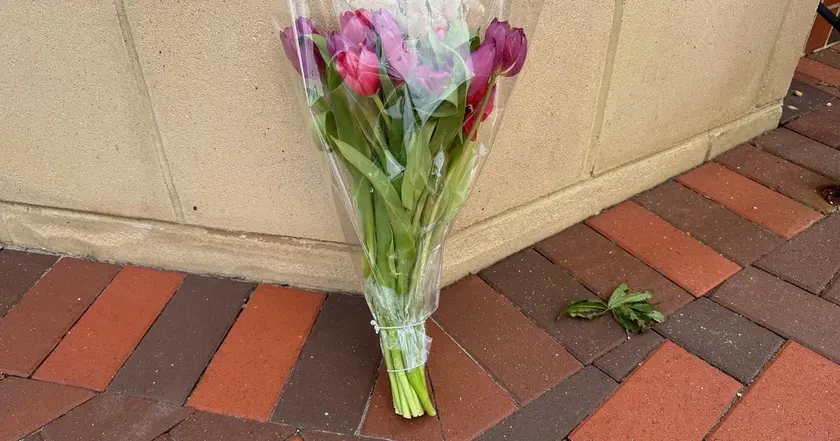
CDC shooting tied to vaccine misinformation
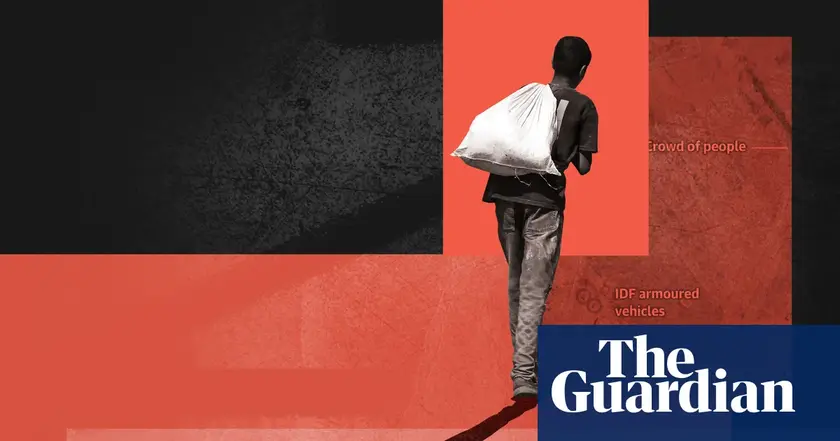
Gunfire near Gaza food sites investigated
